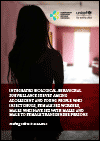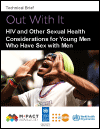Publications on Male Sex Workers (MSW)
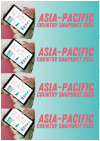
The country HIV snapshots prepared by UNAIDS’ HIV and AIDS Data Hub for Asia Pacific provide comprehensive information on the HIV epidemic and response in Asia and the Pacific countries. Download the country snapshots to find out the most up-to-date HIV data and analysis.
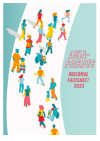
Marked inequalities and diverse epidemic trends affect progress in the HIV response in Asia and the Pacific. The HIV epidemic in the region disproportionately affects people from key populations, especially young people (aged 15–24 years), and their sexual partners. Download the regional factsheet to find out the most up-to-date HIV info, data and analysis.
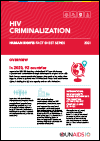
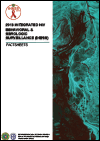
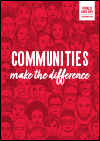
Communities make an invaluable contribution to the AIDS response. Communities of people living with HIV, of key populations—gay men and other men who have sex with men, people who use drugs, sex workers, prisoners, transgender people and prisoners—and of women and young people lead and support the delivery of HIV services, defend human rights, support their peers. Communities are the lifeblood of an effective AIDS response and an important pillar of support.
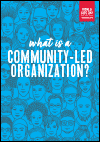
Community-led organizations are led by the people who they serve and are primarily accountable to them. In the AIDS response, this includes organizations by and for people living with HIV or tuberculosis and organizations by and for people affected by HIV, including gay men and other men who have sex with men, people who use drugs, prisoners, sex workers, transgender people, women and young people.
